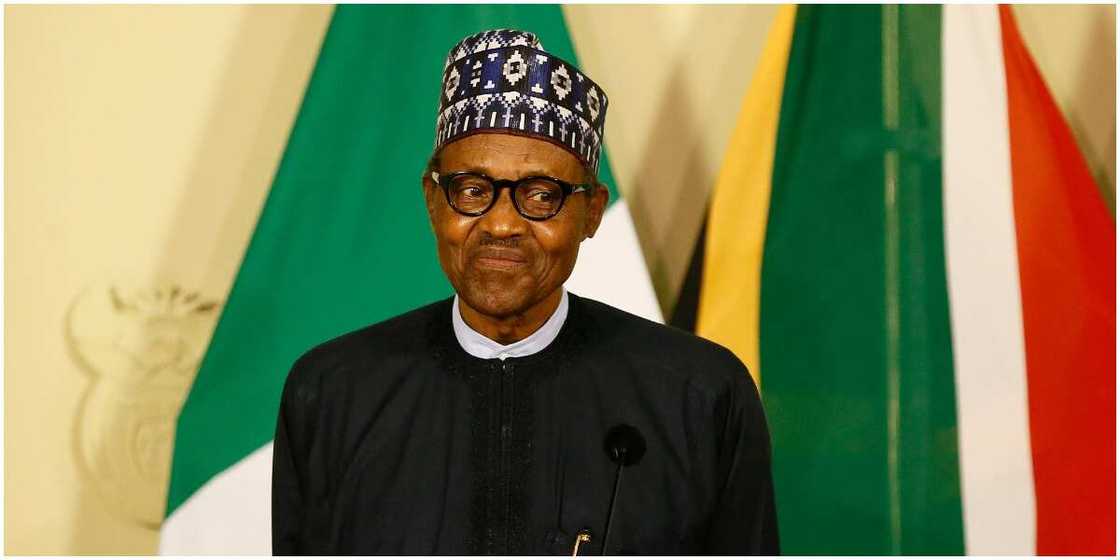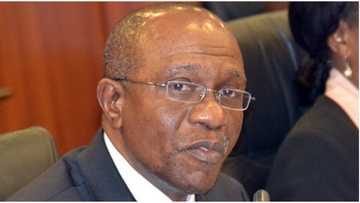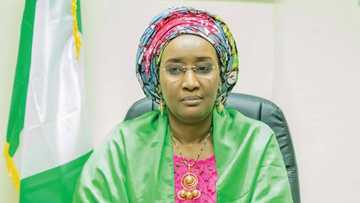Bureau of Public Enterprises Wants to Sell Nigeria's Power Asset to Private Investors
- The power transmission company will be privatised by the Bureau of Public Enterprises at a date yet to be made public
- The bureau said it plans to reform the transmission company by breaking it down into components
- Nigeria's power sector had been privatised by the government since 2013, but only the transmission company hasn't been privatised
The Bureau of Public Enterprises (BPE) plans to privatise the Transmission Company of Nigeria (TCN), in a bid to reform it. The TCN remains the only segment of the power sector yet to be reformed since 2013.
The power sector had undergone privatisation in 2013, with various part of the industry, such as the distribution (DisCos) and generation (GenCos) sub-sectors took up by private investors.
Despite Usman Mohammed, former MD of TCN, admitting that the government made mistake during the privatisation period, the director-general of BPE, Alex Okoh, said the Muhammadu Buhari-led administration will be unbundling TCN to investors.
Okoh made this known during a webinar tagged, “Financing Public-Private Partnership to Boost Infrastructure Delivery in Nigeria." He said various strategies are being weighed.

Source: Getty Images
The reforming is being done alongside the minister of power, Mamman Saleh. Okoh said TCN be broken down into components, with the operator and business sides put up for sale.
In his remarks at the webinar chaired by Ahmed Zainab, minister of finance, budget and national planning, Okoh said:
“The next stage is the unbundling of the system itself…on whether to unbundle along regional lines or business disco franchise area."
He added that the idea will be presented to the Federal council by the bureau after the models have been agreed on.
Meanwhile, Legit.ng had previously reported that the Monetary Policy Committee of the Central Bank of Nigeria advised the apex bank to increase its list of banned imported food items.

Read also
CBN should ban more imported goods being produced locally, Nigeria's monetary authority says
The committee said the ban will aid local production and help the economy which is in a fragile state considering its slow growth since the economy exited recession last year Q4.
The central bank had started restricting some goods from receiving forex in 2015 in a bid to support local producer, and the MPC said more goods that can be produced locally should be stopped from being imported.
Source: Legit.ng



